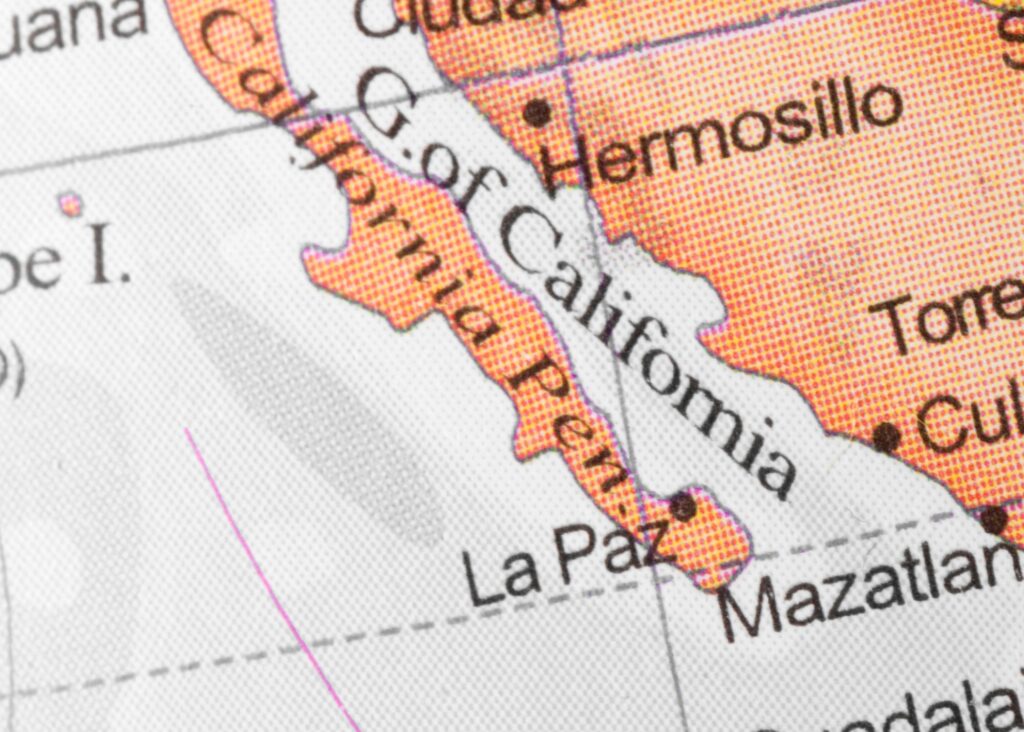In today’s article of Law In Cabo we will talk about Corruption. Article 108 of the Political Constitution of the United Mexican States provides that public servants are the popularly elected representatives, members of the Judiciary of the Federation, officials and employees and in general, any person who holds a job, position or commission of any nature in the Congress of the Union, in the Federal Public Administration, or in the agencies to which the Constitution grants autonomy.
Public servants are also the executives of the federal entities, the deputies of the Local Legislatures, the Magistrates of the Local Superior Courts of Justice, the members of the Councils of the Local Judiciaries, the members of the City Councils and Mayors’ Offices, the members of the agencies to which the Local Constitutions grant autonomy.

Corruption Crime
According to the General Law of Administrative Responsibilities, public servants are those persons who hold a job, position or commission in the federal and local public administration in accordance with the provisions of the Political Constitution of the United Mexican States.
According to the General Law of Administrative Responsibilities, public servants in the performance of their employment, position or commission are obliged to conduct themselves with discipline, legality, objectivity, professionalism, honesty, loyalty, impartiality, integrity, accountability, efficiency and effectiveness. However, this is not always the case. In Mexico, in the agencies of the three branches of government, at the three levels of government, public servants do not always conduct themselves in accordance with these principles and incur in administrative misconduct.
Citizens often find that public servants do not show respect, do not follow the instructions of their superiors, act negligently, participate in contracts in which there are conflicts of interest, among others, facts such as these are considered as non-serious administrative offenses that can be punished with warnings or temporary disqualification to hold positions in public service.

Corruption Crime
But in addition to these non-serious administrative offenses there are those offenses classified as serious under the General Law of Administrative Responsibilities, such as those in which public servants abuse their functions, act under conflict of interest, divert public resources, influence peddling, among others. These serious offenses are punishable by dismissal, suspension, disqualification or fine. In addition, these serious misdemeanors may constitute crimes and are punishable with imprisonment and fines.
Responsibilities of Public Servants
Public servants in the exercise of their employment, position or commission may incur in liability to the State, this liability may be: political, administrative and / or criminal.
- Political responsibility: The senators and deputies of the Congress of the Union, the ministers of the Supreme Court of Justice of the Nation, the Counselors of the Federal Judiciary, the Secretaries of the Office, the Attorney General of the Republic, the Circuit Magistrates and District Judges, the Presidential Counselor, the Electoral Counselors, the Executive Secretary of the National Electoral Institute, the Magistrates of the Electoral Tribunal, the members of the autonomous constitutional bodies, the general directors and their equivalents of decentralized agencies, companies with majority state participation, corporations and associations assimilated to these and public trusts. The executives of the federal entities, the local deputies, the magistrates of the local superior courts of justice, the members of the autonomous agencies in accordance with the local constitutions, may be subject to impeachment proceedings for serious violations to the Constitution and federal laws, as well as for the improper management of federal funds and resources. And the sanctions may consist of dismissal of the public servant and disqualification to perform functions, jobs, positions or commissions of any nature in the public service.

Corruption Crime
- Administrative liability: Public servants may be subject to administrative liability proceedings when they incur in non-serious or serious misconduct as provided by the General Law of Administrative Responsibilities and which are reported by citizens or detected by the authority. The Ministry of Public Administration receives complaints of administrative misconduct and is assisted by the Internal Control Organs of the public administration agencies to investigate and sanction non-serious administrative misconduct.
The Superior Audit Office of the Federation is empowered to perform audits and, as the case may be, as well as the Internal Control Organs and their counterparts in the federal entities, may file claims before the Federal Court of Administrative Justice for serious administrative misconduct. The Federal Court of Administrative Justice will be the body in charge of following the procedure and sanctioning. Administrative sanctions will consist of reprimand, suspension, dismissal, disqualification and fines.
- Criminal Liability: Public servants may incur in acts or omissions constituting crimes for acts of corruption that will be investigated by the Specialized Prosecutor’s Office for Combating Corruption in federal or state matters, as the case may be, and if appropriate, criminal action will be brought before the federal or state Judiciary, as the case may be. In the case of corruption offenses, the penalties may consist of imprisonment, fine, disqualification, dismissal or confiscation of assets corresponding to the illicit enrichment of the person.

Corruption Crime
The National Anticorruption System in Mexico
The National Anticorruption System is based on Article 113 of the Political Constitution of the United Mexican States, which states that it is an instance of coordination between the authorities of all levels of government competent in the prevention, detection and punishment of administrative responsibilities and acts of corruption, as well as in the control and supervision of public resources.
The National Anticorruption System will be composed of a Coordinating Committee and a Citizen Participation Committee.
The Coordinating Committee will be integrated by:
- Heads of the Superior Audit Office of the Federation.
- Heads of the Special Prosecutor’s Office for Combating Corruption.
- Secretariat of the Federal Executive responsible for internal control
- The President of the Federal Court of Administrative Justice
- Representative of the Federal Judiciary Council
- Representative of the Citizen Participation Committee
The Citizen Participation Committee will be composed of: Five outstanding citizens for their contribution to transparency, accountability or the fight against corruption.
Explanatory note: The assumptions foreseen for corruption offenses are diverse and their configuration in reality may vary and therefore give rise to different legal consequences. What is mentioned in this space is merely informative and illustrative.

Corruption Crime
Are you in Baja California Sur, Mexico? Todos Santos, Los Cabos, La Paz, Loreto, San Jose Del Cabo, Los Cabos, El Pescadero? Are you in Nuevo Leon, Mexico? Apodaca, Cadereyta Jiménez, El Carmen, García, San Pedro Garza García, General Escobedo, Guadalupe, Juárez, Monterrey, Salinas Victoria, San Nicolás de los Garza, Santa Catarina and Santiago…
At Law In Cabo we seek to satisfy the different legal needs of our clients, both in their business and personal matters. Contact us at: (+52)8119384461, where we will gladly advise you.
You may be interested in: https://lawincabo.com/what-is-criminal-law
